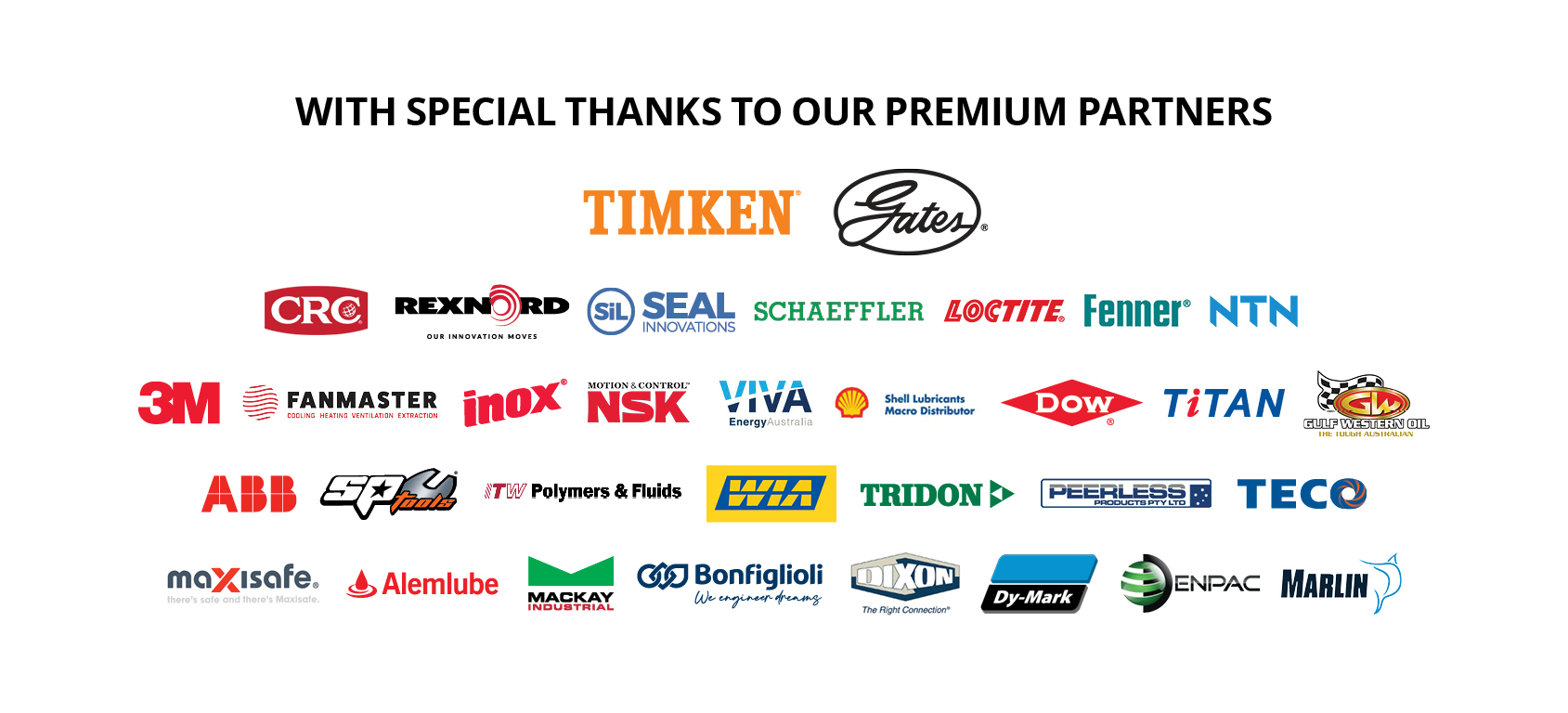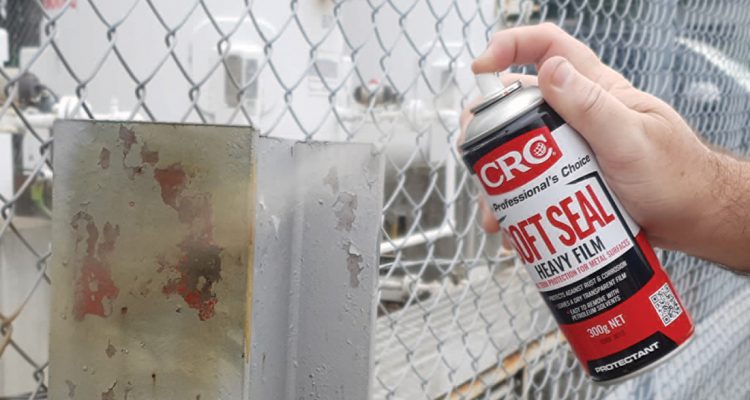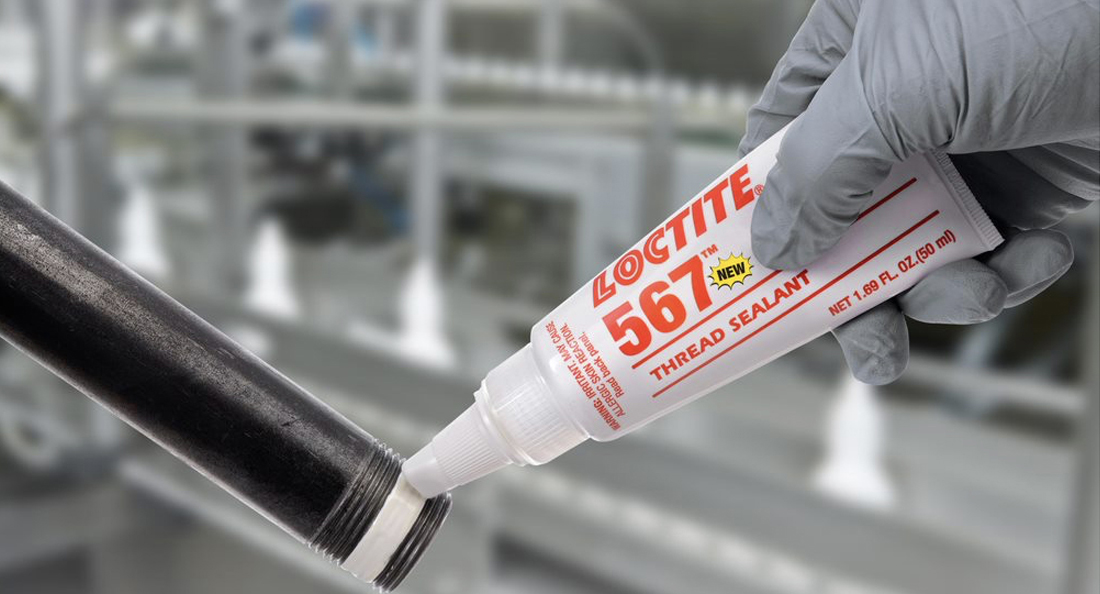Rust protection is an important concern when it comes to storing or shipping metal parts and equipment.
As Steve Keown, BSC’s National Product Manager for Lubricants points out, not all manufacturers assume that the metal equipment or spare parts they have supplied is going to be stored for a long time. As the parts are not necessarily packaged with long-term storage in mind, it comes down to the preventive maintenance crew to ensure components are protected against rusting.
“If you store a component or spare part that’s critical for your operation and after pulling it out of the storage find out that it has rusted, you risk losing more than just the cost of a replacement part. This can lead to loss in productivity, which is a much bigger risk,” says Keown.
To avoid such situations, he suggests using specialty products and adhesives that offer long-term protection to metal surfaces. The CRC Soft Seal is a product specifically designed just for this purpose.
“When the CRC Soft Seal is sprayed on any metal surface, it forms a waxy film that protects the component from adverse conditions, such as salt sprays, chemicals and corrosive atmosphere. One layer of Soft Seal coating provides up to two years’ protection, without the coating surface becoming brittle over time,” says Keown.
Warren Elgar, CRC Industries’ Regional Manager, says the CRC Soft Seal is ideal for protecting metal components that are either going into storage for a long time or being shipped in high-moisture environments.
“Components such as gear box housings, shafts, alloy extrusions, dyes and moulds are some examples of products that may require rust protection. Electrical circuits, battery terminals and connectors are also components were using Soft Seal is recommended,” Elgar says.
One advantage with Soft Seal, Elgar points out, is that it does not attack the plastic, rubber, paint or insulation material.
“You can safely spray Soft Seal on any painted surface without worrying about damaging the base surface. For best results, spray light even coats and keep a distance of 30 to 40 centimeters. Make sure the surface is clean and dry before spraying,” says Elgar.
“Also, as with using any chemical product, make sure that you understand your product first. Read the safety data sheet (SDS) and technical data sheet (TDS) carefully and use the appropriate personal protective equipment,” he adds.
Once the Soft Seal coating is no longer needed, Elgar says it’s easy to take it off. “The Soft Seal coating can be removed by applying a suitable solvent such as the CRC Brakleen or mineral spirits,” he says.
It is also possible to create a thicker layer by applying multiple coats. “Just spray the first layer, allow two hours for drying, and then apply the next layer to get a thick waxy coat over the product,” says Elgar.
The CRC Soft Seal forms part of a wider range of corrosion protection products offered by CRC, according to Elgar. These include, among others, the CRC Long Life anti-rust and lubricant, the Rust Convertor aerosol spray and the ZINC range of clear and coloured coatings.
“The CRC Long Life is recommended as the final layer of protective film for precision machine surfaces and is part of our wide range of corrosion protection products. If you have a metal component that is already lightly rusted, you can use the CRC Rust Convertor to neutralise rust and convert it to a black primer, or the CRC ZINC’s when a final coating product for added corrosion control is required. They are also now available in colours and clear,” Elgar explains.
BSC has been a national supplier for CRC’s industrial products for many years. Keown says the two companies share a positive synergy in servicing customers through their national offices and regional branches.
“Because CRC manufactures here in Australia, they can be quite reactive to any market feedback that we, as suppliers, provide to them. And that is where our close collaboration works to benefit not only our individual companies, but also our customers,” says Keown.
“It certainly adds advantage when you have a global brand, such as CRC, with global market research and development, that is also able to react to local market requirements through local manufacturing.”




